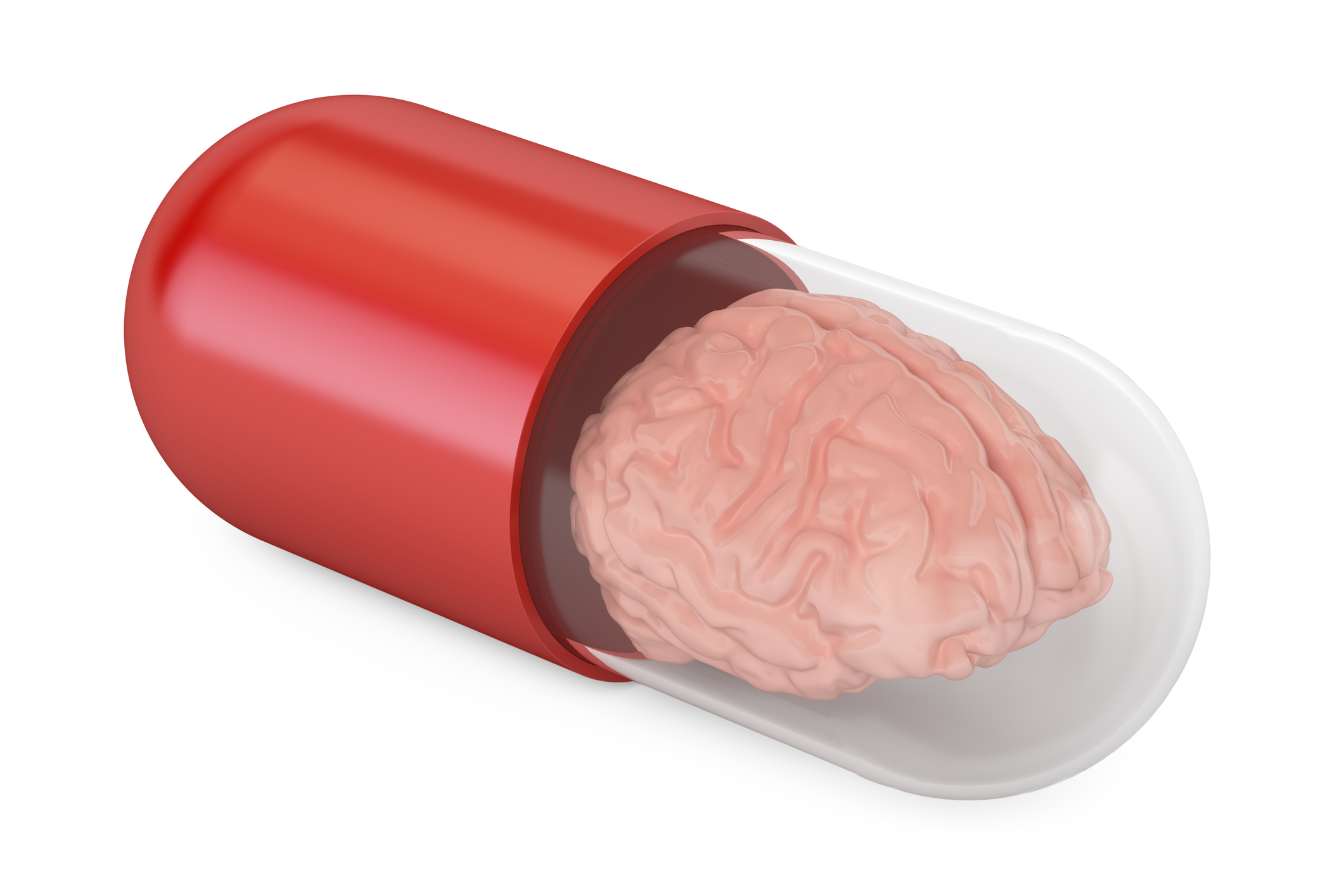Family of loved-ones in nursing care facilities have long reported they believe their elderly relatives have been medicated to keep them docile, sometimes without a diagnosis that would warrant the use of drugs with serious side effects. And often family making decisions about the care of a loved-one with dementia does not fully understand how the drugs prescribed can affect the health and well-being of patients.
But finally, after years of speculation, there has been a large-scale study that documents the use of antipsychotic medications in 109 nursing homes in six states between October 2016 and March 2017. The findings are nothing short of shocking.
According to a recent CNN report, 179,000 nursing home residents across the United States were give antipsychotic medications without an approved diagnosis, such as schizophrenia, in order to treat symptoms of dementia or keep them from being a burden to overwhelmed staff. The misuse of drugs can double the risk for death, cause low blood pressure, high blood sugar, blood clots and muscular rigidity. Family members frequently report their loved ones suffer memory loss, are sleeping all the time, have lost the ability to walk or become incoherent on the drugs but which many assume are symptoms of an irreversible decline associated with dementia. When taken off antipsychotic medications, many elderly residents return some of their personalities, ability to recognize loved-one and physical function.
Since 2005, the FDA has asked manufacturers of antipsychotic drugs to place black-box warnings on their products to inform doctors and patients of dangerous side effect when used “off-label” to treat behavioral disorders in elderly patients with dementia. The FDA notes that these drugs are not approved for this use.
Managing the symptoms of dementia can be done without the use of dangerous drugs but it requires staff to be well trained and programs implemented to provide therapies and activities that can calm and reassure residents with dementia. With a rapidly growing senior population, it is anticipated that by 2050 as many as 16 million people will be diagnosed with Alzheimer’s disease. The Centers for Medicare and Medicaid Services has set new goals for nursing facilities including the expectation to decrease the overuse of antipsychotic medications by 15 per cent by the end of 2019.
The recent Human Rights Watch report highlights the importance of advocacy for seniors, especially those with dementia, living in care facilities. Family and loved-ones responsible for the care of an elderly family member should have a complete list of all medications and review the diagnoses, side-effects, interactions and risks with a trusted physician or pharmacist. Visiting frequently and developing a good relationship with staff is also important to ensure the best quality of care possible.
Follow this link to read the full Human Rights Watch report “They Want Docile”.
Similar research in Canada has led the Alzheimer’s Society of Canada to issue this statement.






Add Your Voice
0 Comments
Join the Discussion